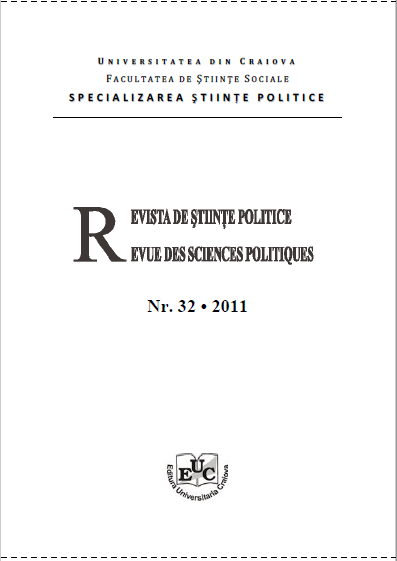Understanding EU Conditionnality: A Conceptual Framework of National Sovereignty and Religious Freedom (Romania case study)
Understanding EU Conditionnality: A Conceptual Framework of National Sovereignty and Religious Freedom (Romania case study)
Author(s): Anca Parmena OlimidSubject(s): Politics and religion, Sociology of Culture
Published by: Editura Universitaria Craiova
Keywords: integration; Romania; religion; national sovereignty; multiculturalism;
Summary/Abstract: The present article defines the new balance of the relations between the state and religion. In the context of religion and geopolitics, religious pluralism had an evolution and a destiny which generated in the context of European integration a real challenge equally for the states and the educated. Furthermore, the article argues that European integration represents an element that mustn’t be ignored in the process of interpretation and comprehension of the geopolitics of religion. . Such an observation is articulated in two historical hypothesis: Hypothesis 1: in the first direction, individual freedom is accompanied by cultural pluralism and the obligation „from belonging to supporting”; Hypothesis 2: the second direction which presents the dichotomic analysis of the political neutrality at empirical level. A particular importance in this context is related to collective preferences and national sovereignty .
Journal: Revista de Științe Politice. Revue des Sciences Politiques
- Issue Year: 2011
- Issue No: 32
- Page Range: 169-179
- Page Count: 11
- Language: English

